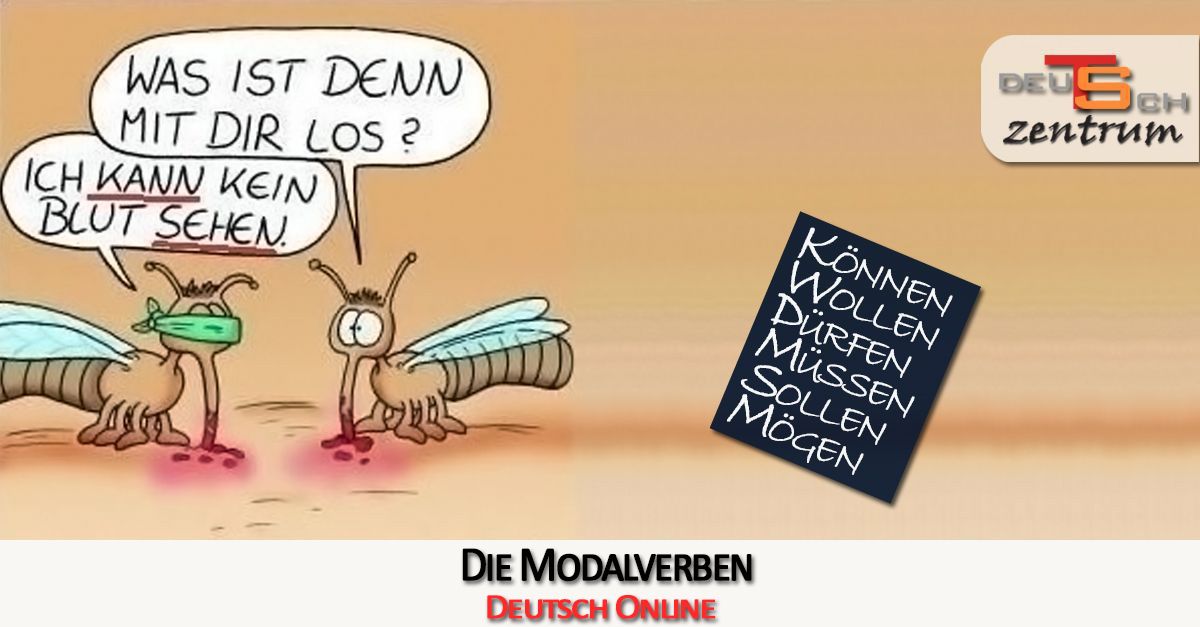
This extra “e” is placed between the stem and the conjugation ending (arbeit + e + test = arbeit etest). *Note: Don’t forget we are still adding the “e” in situations where the stem ends in either a “t” or a d”. Have a look at the table below to see how the Präteritum conjugation endings differ from the Present Tense endings:


Again, all we need is the verb stem and the appropriate ending depending on the person doing the action. Since we are still dealing with regular verbs, the conjugation here is also quite simple. Instead they prefer to use the Perfekt, or “past perfect” tense, but we will get to that in the next section. Speakers of German very rarely use this tense in conversation, as it sounds quite formal. This is the reason why the simple past is often employed in written narratives such as stories or historical accounts. The Präteritum, or “simple past” tense, is used when talking about things that have happened in the past (within a specific time frame) and are already definitely over ( As a child, I played football – Als Kind spielte ich Fußball). *Note: When there is no vowel between the stem of a verb that ends in “d” or “t” (such as “arbei t“) and the conjugation ending (arbeit + t = arbeitt), we usually add an “e” to make the word easier to pronounce (arbeit + e + t = arbeit et).Ĭonjugating Regular Verbs: Präteritum (simple past) The conjugation endings are then applied as seen below in blue: The verb stem is the infinitive of the verb (the “full” verb, usually ending in ‘en’ – arbeiten, glauben, meinen, kaufen, etc.) minus the “en” ending ( arbeit, glaub, mein, kauf, etc.). Regular verbs are quite simple to conjugate all that is required is the verb stem and the appropriate ending depending on the person doing the action.

The present tense is used when talking about something happening right now ( I am going to the shop – Ich gehe zum Laden), something that happens regularly ( I drink water every day – Ich trinke Wasser jeden Tag), and sometimes to denote the future ( I will tell you later – Ich sage es dir später) .

Pay attention to the similarities between the Present Tense and the Präteritum – conjugation is easy, right? Read on to find out how we form the Present, Präteritum and Perfekt forms of German regular verbs. Have a look at the list above to familiarize yourself with 40 common regular verbs.


 0 kommentar(er)
0 kommentar(er)
